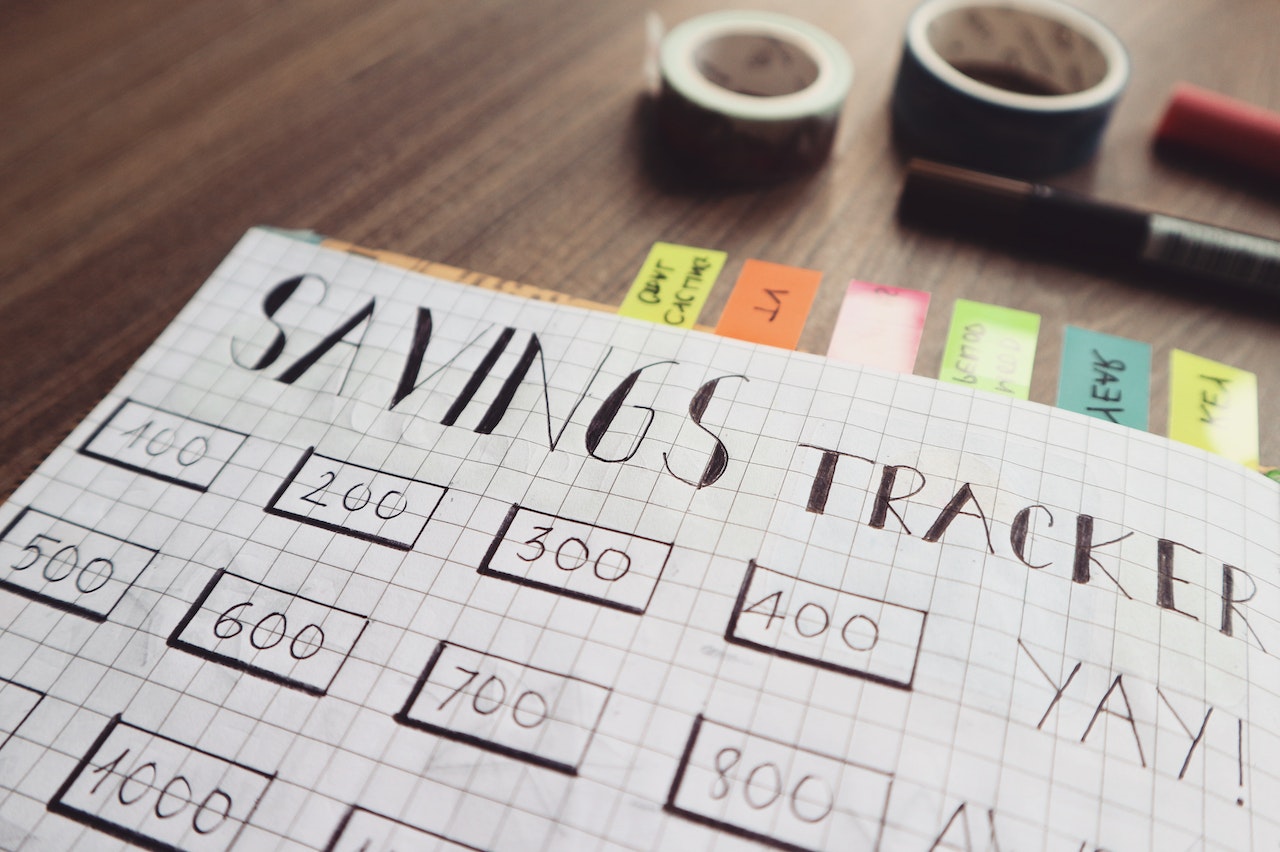Financial planning is one of the hardest things to do in your life. You are torn between wanting to save for a property and the other is spending it because you are only young once. Furthermore, you want to ensure that you have a bit of money in the bank to do the more expensive things such as going on a holiday.
If you learn to save your money and get rid of those bad spending habits, you will be more financially stable in your 30s compared to spending it all in your 20s. Furthermore, there are many things you can do to ensure you are developing good habits with your money. Let’s look at how you can start managing your money much better than how you manage it now.
Create A Budget
Before you start trying to save money, you need to create a budget. Once you receive your income, you need to look at your outgoings. This includes rent, bills, food expenses and subscriptions that you pay for such as Netflix, Spotify, Amazon Prime etc.
As soon as you have done all that, you have peace of mind knowing how much money you have left over. To create a budget, create a spreadsheet or write it down in your notes on your phone. You can even write it down in a book.
A good way to create a solid budget plan is by following the 50/30/20 rule once you receive your income. This is where you spend 50% of your salary on groceries, rent/mortgage, utility bills, car insurance/ fuel and anything else that you must pay in the month. The 30% would include anything that isn’t essential such as spending money on new clothes, going to restaurants and hobbies that you participate in. Finally, the 20% should be money which goes towards your savings. This is a great way to spend and save money at the same time and is something you should do.
Regular Budget Meetings
If you are really bad at spending all of your money each month. We advise you to have regular budgeting meetings with yourself. Maybe halfway through the month, you review your expenses and see if you are on track to put that 20% into the savings account. If your spending habits are really bad, we suggest you have weekly budgeting meetings, to ensure you are not spending too much.
Set Financial Goals
Setting financial goals is a great way to motivate you and stop those bad spending habits. If you want to have your own property in your 30s, start saving for one in your 20s. Additionally, if you are not working towards anything, it will make you feel like you don’t need to save money. Therefore, you can carry on those bad spending habits.
There are many different types of goals you can aim to achieve. One of those could be for early retirement, another could be to buy a property or small boat. It all depends on what you want to achieve by a certain age.
Consider The Financial Future
Something you cannot predict is unexpected expenses however, something you can prepare for is the expected finances. This includes paying for a house or paying for the fees of your children at college/university. There are many things you will need to prepare for in the future so start as early as possible. Again, early retirement could be one of those things you will want in the long-term future. If this is something you don’t know how to prepare for, we suggest you meet with a financial advisor. That way, they will be able to calculate all of the finances you need to calculate.
Consider Contributing To An Early Retirement
The state pension age is continuing to increase which makes people want to save for their retirement. Contributing to your own retirement plan is a great way to ensure you have enough money in your later years without working too hard in your later years. Furthermore, if you start earlier, compound interest will benefit you more in the later years.
If you are unsure what compound interest is, this is the interest calculated on when you first started saving and the overall interest rate over previous years. The value of money will continue to increase over time, especially if you look to get your savings in ten years.
Avoid Impulse Shopping
Impulse shopping is one of those bad spending habits you cannot shrug off. When you see a deal, you just want to buy it. Although you should master the art of finding deals. You should also remember to be a smart shopper. This is where you can decide on your needs and wants when they are right in front of you.
If you are someone who struggles with this, we advise you to wait 24 hours before you make a purchase. If you see an item, leave it until the next day to buy the product. If you still want it the next day and you know you will need it, buy it then.
Plan Before You Buy
Plan what you are going to buy before you start shopping. That could include food shopping or clothes shopping. Have a goal of the products you want to come home with and stick to that plan. It is very easy to start spending money on items you don’t necessarily need so make sure you stick to the list.
Consider Irregular Expenses
Irregular expenses are something that we can not always predict. These expenses include holiday expenditure, home or car repairs, a new oven because your old one has broke and anything else you cannot expect. These are the ones that can hurt your savings account the most so make sure you are prepared for them.
Emergency Fund
A backup emergency fund is something we strongly advise you to do as well. This is following what we previously mentioned as well. This includes expenses you cannot expect. A good backup fund will help you stay on track with your budgeting plan and those emergency expenses won’t interrupt your savings account.
To Conclude
One of the most stressful things in your 20s is managing your money, especially if this is something you have struggled all your life with. Furthermore, some people might not understand the importance of saving until they reach the age later on in life.
Sometimes, emergency expenses can get you into some tricky situations. This can then cause debt and debt is something you don’t want all your life unless it is good debt. If you do get into financial trouble with debt that seems to be adding up over time, we advise you to apply for an IVA. They will be able to calculate how much of the debt you need to pay off and how much can be written off.





